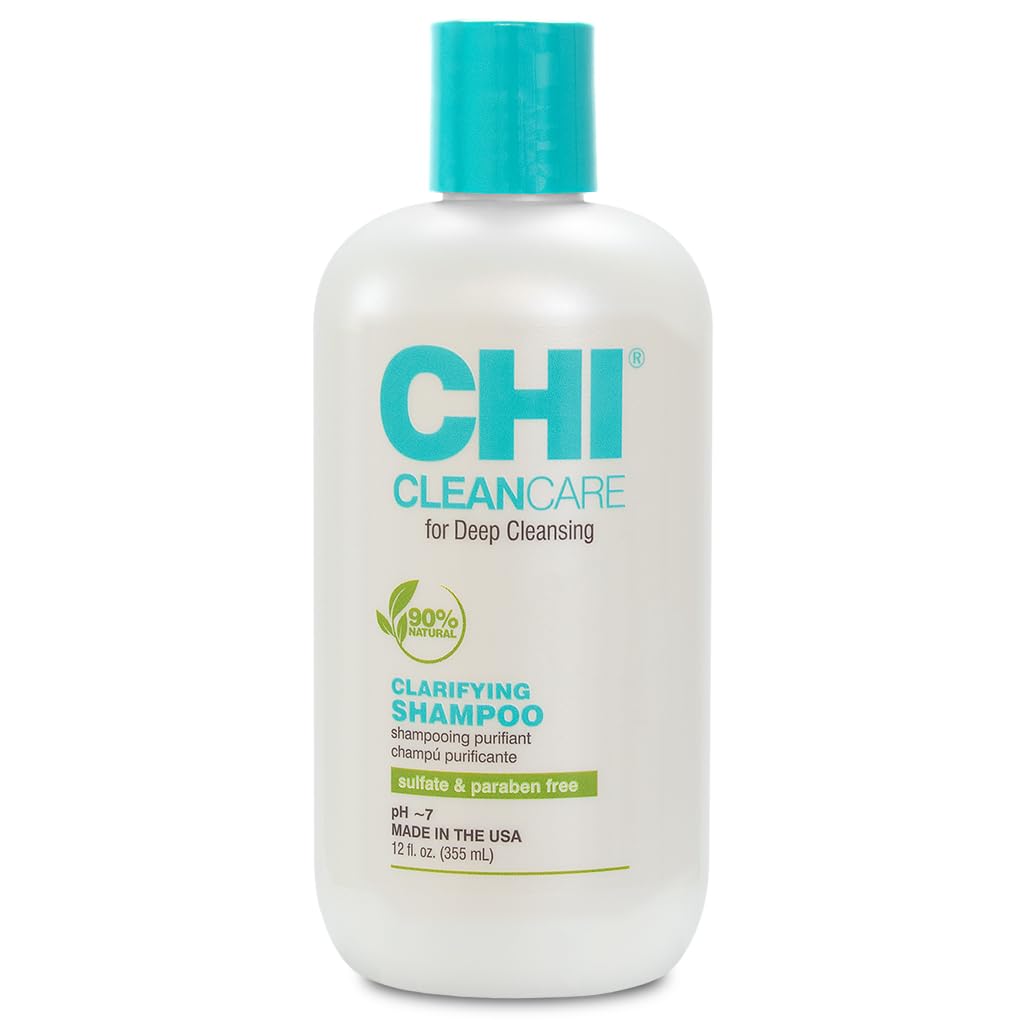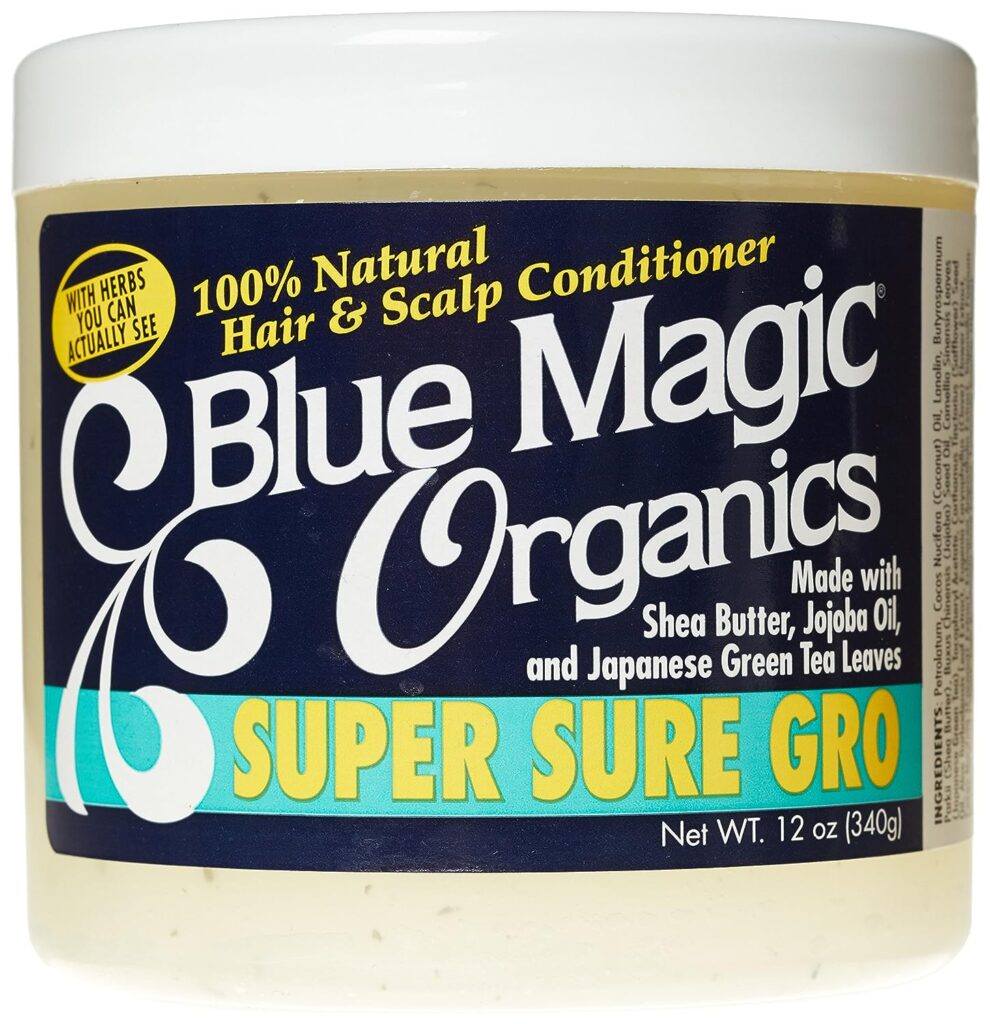The cold winter months are coming, so it’s time to up your haircare routine on your natural hair. Because you know that when the cold comes, so does the dryness.
It seems like the winter months love to suck up any and all moisture from our hair and body, so while you are applying lotion to keep the ashy elbow and knees at bay, make sure to moisturize your hair as well. But winter isn’t all about keeping your moisture game on lock, it’s also about protecting your hair, using the right hair products, and taking care of yourself on the inside.
Let’s see more on how to take care of your natural hair in the cold winter months coming up.
DISCLOSURE: Some of the links in this post contain affiliate links. At no additional cost to you, I may earn a commission. Read more about it in the Privacy Policy.
Moisture Is All You Need
Since winter comes with dryness, you can combat that with a good moisturizer for your hair. But it doesn’t start with the moisturizer. It actually begins on your wash day.
Moisturizing Shampoo
Make sure to use a good moisturizing shampoo on your wash days. This is a great way to replenish any moisture lost from the dry season. My favorite moisturizing shampoo of all time is Shea Moisture Honey & Yogurt Hydrate and Repair shampoo.

SheaMoisture Shampoo Hydrate and Repair
I like how thick the texture is, but I love how it makes my hair (locs) feel soooo soft, and hydrated to the touch. I knew that this was a good moisturizing shampoo because even on days when I don’t use a conditioner or leave-in, my hair is still soft.
Deep Conditioning Is A Must
One thing for sure is you CAN NOT skip out on deep conditioning during the dry, winter season. Because if and when you do, your hair will sure feel crunchy, dry, hard, matted, and brittle. These things can lead to excessive hair breakage and damage because your hair isn’t hydrated enough to support itself.
A deep conditioner is a great follow-up to a moisturizing shampoo because it will further give your hair what it needs to stay healthy and strong during the season. This will also cut down on frizz and tangles.
Also, know that the longer you allow your conditioner to sit on your hair, the more time it will have to penetrate and nourish it. But if you are pressed for time, 5-10 minutes can do the trick. And if you have all day, you can let it sit all day long. Just make sure to rinse it out thoroughly and follow with a good leave-in conditioner.
A good moisturizing conditioner that is a fan favorite is the tgin Honey Miracle Hair Mask. It’s a little thick, so if you have very fine to thin hair, this may be a little too heavy. But for the most part, it will get your hair super soft and moisturized.

tgin Honey Miracle Mask
Avoid Sulfates
Watch out for sulfates in your shampoos during the winter time. Sulfates have one major job to do, and that is to strip away any dirt, oil, buildup, absolutely anything in the way of being squeaky clean. Think of clarifying shampoo. Most clarifying shampoos contain sulfates in them to get the job done quickly and clean.
But most of the time, it is doing more harm than good, especially in the winter time. But don’t shy away from them because you will still need to clarify your hair at least once a month. Just be every mindful of the ingredient list. Look for sulfate-free clarifying shampoos. These two are the best in my opinion.

Maui Moisture Scalp Care Clarifying Shampoo

CHI CleanCare Clarifying Shampoo
Seal With Oil or Hair Grease
Yeah, I said it… Hair Grease!! Organic oils or hair grease will be your best friend during the winter months because they’re thick enough to hold and seal in needed moisture. So after you shampoo and condition your hair, apply a little oil or hair grease on your scalp and hair to seal in the moisture.
Won’t it be a shame to lose all that good hydration and hard work you just did to your hair, all because you forgot to seal it in? Crazy!!!
So, if you have thin to fine hair, use a lightweight oil like argan oil, olive oil, grapeseed oil, and jojoba oil. But if you are looking for something a little thick, castor oil is my favorite.
RELATED: Does Castor Oil Really Make Your Hair Grow?
Or, if you are an OG in this natural hair game, just use a little bit of hair grease. My favorite is the one and only Blue Magic. Even to this day, I use this on myself and my daughter’s hair. When I put this on her loose natural hair, she has coily hair, that hair grease gives her hair so much luster and shine and holds in the moisture very well.

Blue Magic Super Sure Hair Grease
Less Heat, More Protective Styles
We all know that the fall season is silk press season. But as soon as the temperature drops to almost freezing, you need to put down the flat iron and start doing more protective styles. Protective styles such as braids, twists, and even wigs are good for protecting your natural hair against the cold and dry weather. It’s also great for keeping your hands out of your head.
Excessive manipulation in the dry season will result in unexpected hair breakage and damage. When you think about it, heat damage is more common in the cold seasons than in the hot seasons because the lack of moisture in the hair causes damage. When the hair is not hydrated, the hair cuticles will lift to allow any humidity to get inside the hair.
When it’s in that state, and you apply hot heat on your hair, the cuticles will open up more and more, which will cause frizziness first and then damage due to lack of structure.
That’s why your curl pattern changes after so many unprotected and underhydrated silk presses. So save yourself the trouble and protect your hair with braids, faux locs, wigs, crochet braids, and more.
Cover Hair With Silk Scarves
When you lay your head down at night, be sure to cover your hair with a silk scarf or bonnet. If you are heading out the door, make sure that a silk scarf is on your head, underneath your beanie or hoodie.
The silk and satin fabric is king for protecting your hair from any harmful elements, weather conditions, other fabrics like cotton, and more. It creates a barrier between your hair and everything else that is trying to snag, pull, and cause unnecessary breakage.
That’s why moisture is so important during the cold seasons because the silk scarf is going to keep and protect everything you’ve work hard for with your hair.
You can also opt for hats that has silk or satin lining on the inside. Here is something that caught my eye, and based on the reviews, it’s a hit for the winter.

Women’s Winter Hat Satin Lined Beanie
RELATED: 5 Reasons To Wear Hair Bonnets At Night
Take Care Of Your Scalp
Don’t forget about your scalp during the wintertime. If you neglect it, you will know! Your scalp will become dry, itchy, and flaky. Just know that it will be snowing outside and on your shoulders during Christmas. So to prevent a double snow season, make sure to keep your scalp nourished.
Now you may hate me for saying this, but I’ma say it anyway. Just grease your scalp! And if you don’t like that, I have another one for you. Just oil your scalp!
Like sealing in the moisture on your hair, you need to seal in the moisture on your scalp as well. Remember that healthy hair grows from a healthy scalp. So that’s why your momma, auntie, and them have been preaching to you about keeping your scalp greased. Because that’s the way to help promote hair growth.
RELATED: Is Hair Grease Still Powerful For Black Hair?
Take Your Vitamins
Last, make sure to take care of yourself sis, by taking your vitamins. Vitamins will be your best friend during this cold flu season. Not only will it keep you healthier and protect you from getting sick, but it can also help keep your hair thriving.
They will keep you from experiencing hair loss, hair weakening, breakage, excessive damage, and dry scalp. But if you aren’t a vitamin girl, make sure to double up on eating your fruits and veggies. Green veggies will provide iron and vitamins A, C, E, K, and B, so be sure to eat plenty of salads, collard greens, broccoli, and more during the winter. To make it fun and cozy, vegatable soups will be your best friend.
I hope this helps.
– Much Love, Ash ❤️








Leave a Reply